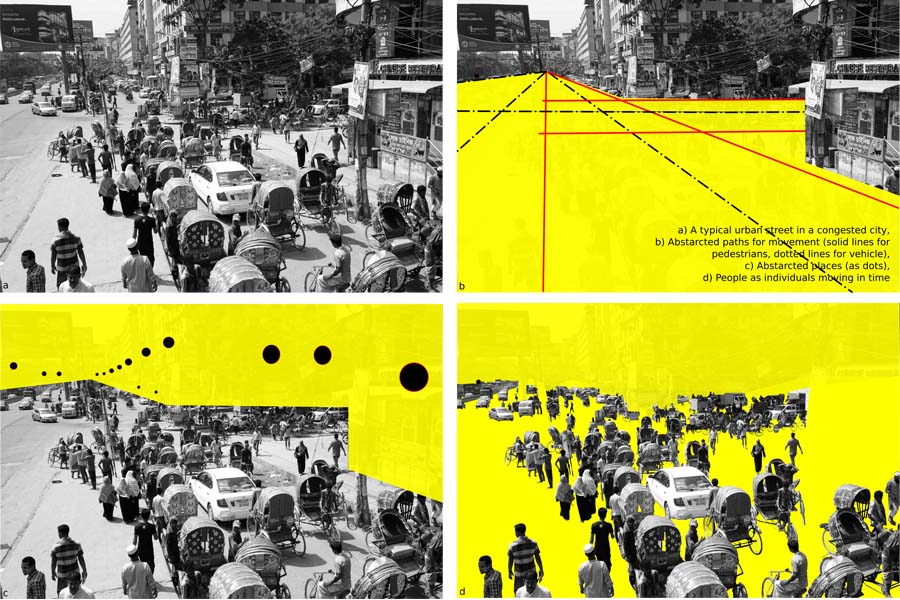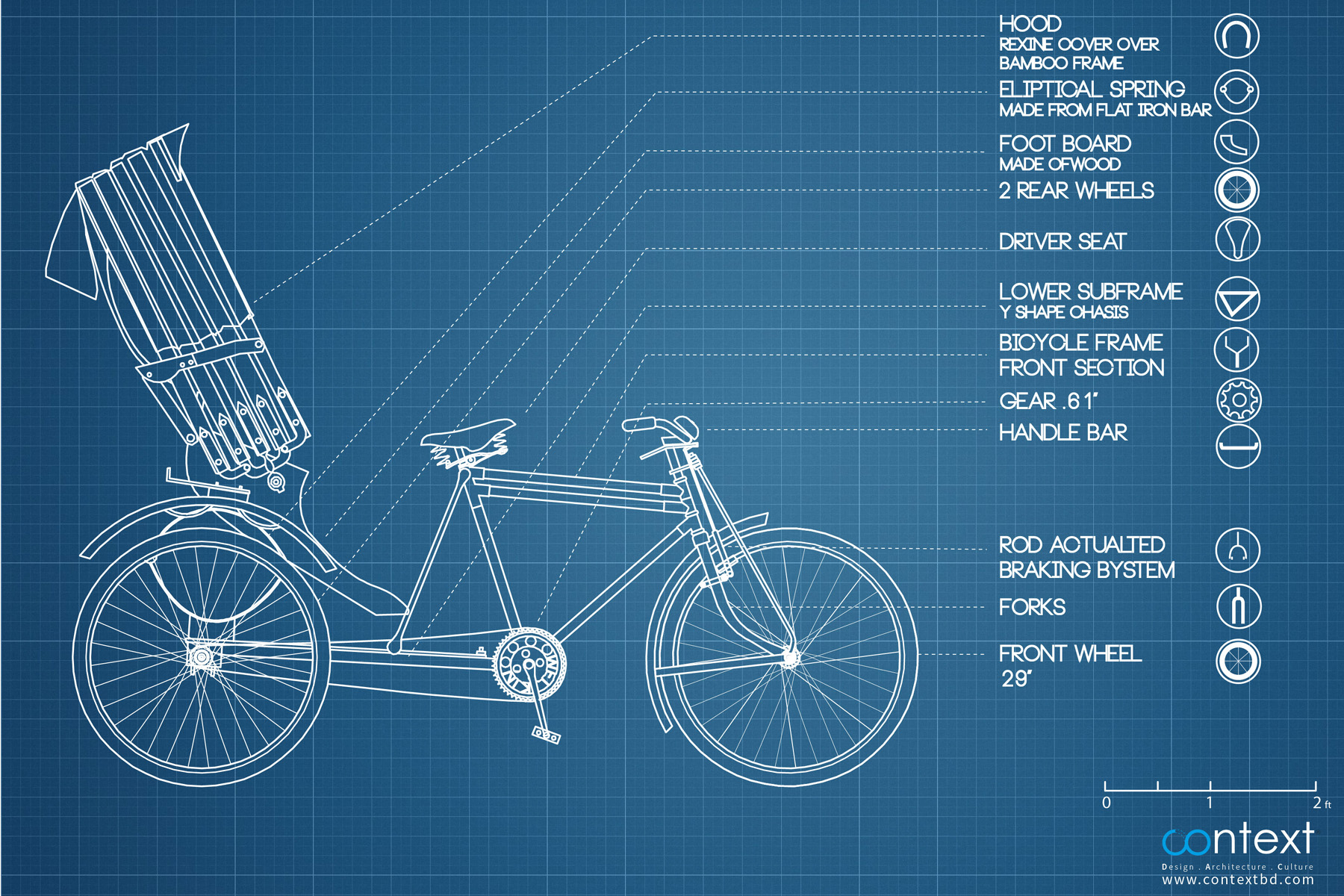When talking about successful women, we often compartmentalize that definition of success. More often than not, we judge their success on the basis of their professional achievements or the challenges they overcame on the way to success. In this process, some fundamental aspects of their impact as individuals in society go missing. Beyond the workplace, they have an extended role in their own community and society in general. And when their success is measured in terms of professional achievements, their impact as mothers, caregivers and guardians often gets brushed aside, or taken for granted.
‘From mothers to mentor’- the stories that go unnoticed
To celebrate this year’s Women’s Day’s theme, ‘Break the Bias’, we wanted to highlight those whose achievements go unnoticed in our society. Context had organized a storytelling competition, to highlight the impact of women as mothers and mentors. The winning story by Rafia Safa, focused not on the triumphs of her mother, but her failure, and the lessons Rafia took from that failure. It was a heartfelt tribute written in honour of the mother who faced many prejudices from society and the ways she chose to cope with it and to raise her daughter with all her strengths to fight these prejudices.
The other stories focused on a wide variety of roles played by women at home and in society, both as mothers and mentors. Some stories focused on mothers, and other inspirational women like aunt and mother-in-law. Some of these stories recognize the silent role women continue to play as caregivers and providers for their families. One story even focused on a grandfather, playing a childcare role, in absence of a grandmother for the child, while the mother (his daughter) is encouraged to establish herself to pursue her dream to become an architect. We would like to congratulate all the authors for sharing their thought-provoking stories.
Meeting some mothers and mentors:
Context organized a webinar and invited the winner of the storytelling competition and her mother Rahima Begum, along with three guests – Homaira Zaman, Farhana Rashid and Laila Khondkar, to discuss how we can overcome the biases that prevail in our society, both at work and at home. The webinar was moderated by Rumana Kabir, and hosted by Farhat Afzal.
Homaira Zaman talked about her experience as a mother and a professional woman. After graduating as an architect, Homaira went into a partnership with her peer, to run both family and architectural practice. Homaira found it hard to balance both career and a young family. In her architectural practice, where she was a partner with her spouse, she was often not seen as the go-to person by the client, all the while she was taking on the majority responsibility of raising her children. She also shared how she mentored her children, who are now both adults. These days, Homaira enjoys learning from her grown-up children about many interesting topics, and encourages them to pursue their own passion. Homaira also taught architectural students at universities, and enjoys traveling in her spare time.
Her key message was, ‘Don’t be defined by the way society measures success- do what you love doing, that will lead to success and make you happy. ‘Amar success Amar Kachey..’
Farhana Rashid proudly introduced herself as the “Toilet Apa’’. As an architect and urban planner, her aim is to provide decent public toilets for both men and women all over the country. Farhana asserted that her upbringing helped her to be confident in pursuing her own dreams and achievements. When Farhana started her pilot work, she was able to change the views of her biased clients, who didn’t feel the need to provide any women’s toilets in a shopping centre, which was specifically catering towards the needs of women. Farhana indeed broke the bias about the fundamental role an architect can play to improve civic behaviour.
Laila Khondkar highlighted that although there are many barriers in our society and at the workplace, she thinks it is important to pick our own battles, a piece of advice she recalls receiving from a mentor, as one cannot fight all the biases single-handedly. Laila added that these days, there are five generations at our workplace and one has to understand the views of others. It is important to find ways how you get yourself heard. Especially if you are a woman at work, supervising colleagues who are older than you, you have to make sure that you establish your assertiveness with competence. Women have to maintain the highest standard of professionalism and quality in their work.
Laila pointed out the biases that women leaders experience. They are often seen as harsh, when they are being assertive, which men don’t need to deal with. Finally, she mentioned that we need to accept that all of us have our own unconscious biases. We need to be aware of that, before we make an ill remark or judge others using our own views.
So, how do we break the biases then?
Homaira Zaman says as a mother she can consider herself to be successful only when her son will give the same respect to everyone, irrespective of their gender. And ensuring that all children turn out this way is a responsibility that falls on both the father and the mother. But the problem doesn’t end here. From the legal perspective, women are not getting an equal share of the inheritance. When a woman goes to travel on her own, people start questioning the absence of a male figure. So until these issues are addressed, equality in our society cannot be achieved.
Farhana Rashid commented that inclusivity can be addressed even at micro levels in terms of design and implementation. This was reflected when the toilet she recently designed was built with a door that required more strength when operated by women. This issue arose only because the engineer in charge designed the door considering men as the default user. Farhana believes such prejudices must be dealt with at the policy level and even at home, in order to achieve inclusivity in society.
Laila Khondkar highlighted that for a truly inclusive society, we need legal reform and a change in our social attitudes. Laws related to inheritance, marriage, divorce, and custody of children do not treat women equally. This must change through legal reform. She added that to make an inclusive workspace, companies should provide parental leave for both parents and childcare facilities for young families. From the state level, certain policies can be implemented to enable this. When states offer leave for fathers also, then the society gets a strong signal that child care is a shared parental responsibility.
Finally, the patriarchal mindset that both men and women are conditioned in our society needs to be questioned. When anyone makes an offensive joke or remark targeting a certain group of people, it is our responsibility to protest and speak out. When we consciously deal with the unconscious bias within us, only then can we make a truly inclusive society.
Context would like to thank all the guests for this lively discussion and all the audience for following up with the stories. We on behalf of Context would like to welcome more new ideas and stories to break the biases in our society and also within ourselves in the coming days.










